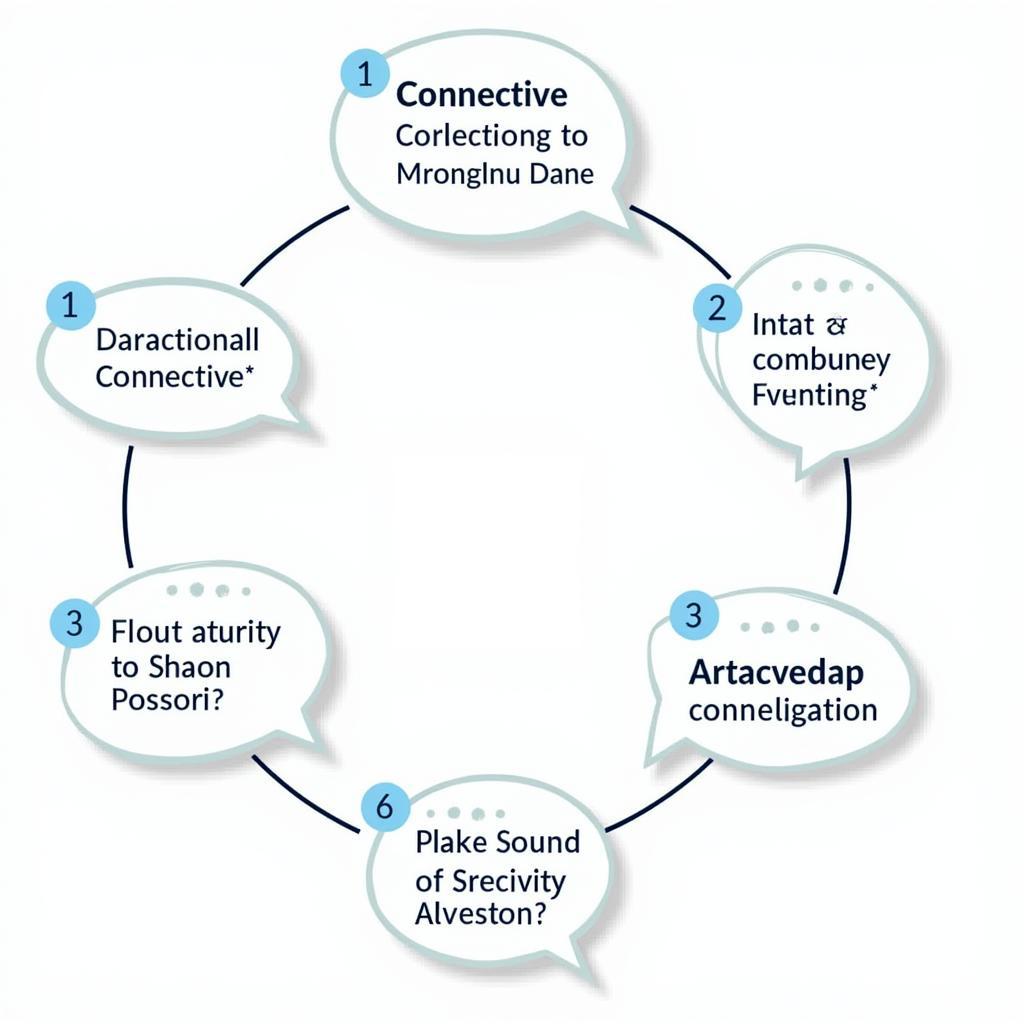Understanding IELTS speaking band descriptors is crucial for achieving your target score in the speaking test. These descriptors are detailed evaluation criteria that examiners use to assess your speaking performance. Let’s dive deep into how you can interpret and use them effectively to improve your speaking skills.
Understanding the Basic Structure
IELTS speaking band descriptors are divided into four key criteria: Fluency and Coherence, Lexical Resource, Grammatical Range and Accuracy, and Pronunciation. As What is the IELTS speaking band descriptor? explains, each criterion carries equal weight in determining your final speaking score.
Breaking Down Each Criterion
1. Fluency and Coherence
- Speech flow and natural pace
- Logical organization of ideas
- Appropriate use of connectives
- Ability to speak at length without noticeable effort

2. Lexical Resource
Similar to using better vocabulary in task 1, lexical resource in speaking requires:
- Precise word choice
- Idiomatic expressions
- Paraphrasing skills
- Vocabulary range and accuracy
3. Grammatical Range and Accuracy
- Complex sentence structures
- Accurate verb tenses
- Proper word order
- Error-free speech
4. Pronunciation
- Clear individual sounds
- Word stress
- Sentence stress
- Intonation patterns
Understanding Band Score Progression
What is the IELTS band scale? provides detailed insights into how scores progress from band 1 to 9. Here’s how to interpret different band levels:
Bands 8-9 (Expert User)
- Near-native speaker fluency
- Precise and sophisticated vocabulary
- Natural and effortless expression
- Clear pronunciation with minimal L1 influence
Bands 6-7 (Competent to Good User)
- Generally effective communication
- Good vocabulary range
- Occasional errors but maintaining flow
- Some pronunciation issues but generally clear
Bands 4-5 (Limited to Modest User)
- Basic communication possible
- Limited vocabulary range
- Frequent grammatical errors
- Pronunciation issues affecting understanding
Practical Application Strategies
Just as ways to practice IELTS writing task 2 at home offers structured practice methods, speaking improvement requires systematic approach:
- Self-Assessment
- Record your speaking practice
- Compare against band descriptors
- Identify weak areas
- Track progress over time
- Targeted Practice
- Focus on specific criteria
- Use authentic materials
- Practice with native speakers
- Regular self-recording and analysis
Common Misconceptions About Band Descriptors
Understanding Assessment criteria vs. Rubrics helps clarify these common misunderstandings:
- Accent doesn’t determine your score
- Perfect grammar isn’t required for band 9
- Native-like fluency isn’t necessary for high scores
- Complex vocabulary isn’t always better
FAQs About IELTS Speaking Band Descriptors
How are speaking bands calculated?
The final band score is an average of the four criteria scores, rounded to the nearest 0.5 or whole band.
Can I achieve band 9 with an accent?
Yes, accent doesn’t affect your score as long as your pronunciation is clear and intelligible.
How important is vocabulary in speaking?
Vocabulary contributes 25% to your speaking score, equal to other criteria.
What’s the minimum speaking speed required?
There’s no specific speed requirement; natural, comfortable pace is key.
How can I move from band 6 to band 7?
Focus on increasing accuracy, expanding vocabulary range, and improving fluency through regular practice.
Remember, understanding band descriptors is just the first step. Regular practice, self-assessment, and targeted improvement in each criterion will help you achieve your desired IELTS speaking score.